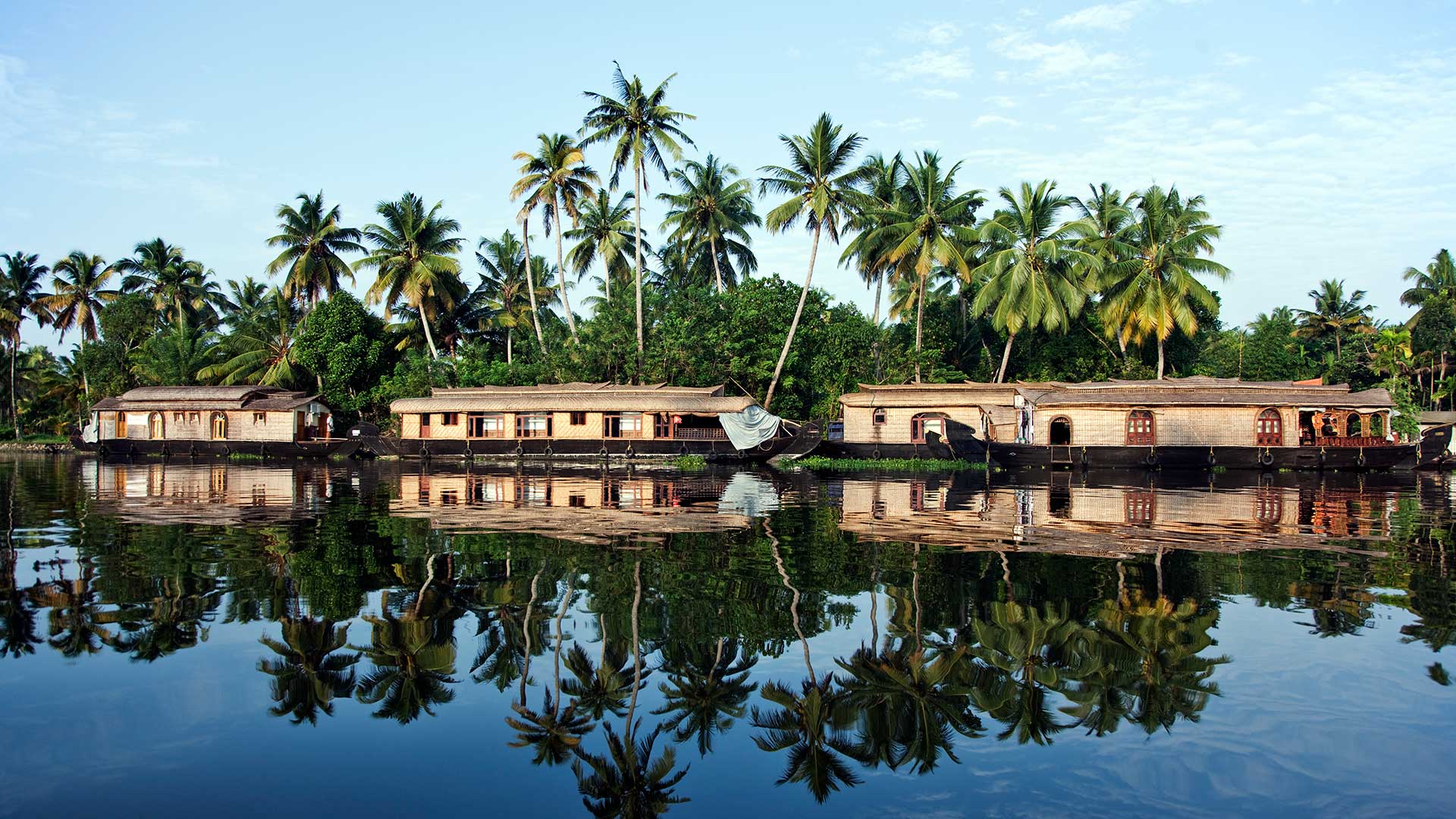Breaking Ground: Congo’s Incinerator Project Promises Cleaner, Safer Communities
The Democratic Republic of Congo is a country that has seen its fair share of challenges, from political instability to environmental issues. However, the country is now on the brink of a major development that promises to bring about a positive change for its communities. The construction of an incinerator in Congo is set to not only improve waste management but also create a cleaner and safer environment for its people.
The project, which is being spearheaded by the Congolese government in collaboration with international partners, aims to address the country’s growing waste management problem. Currently, many cities in Congo are struggling to cope with the increasing amount of waste generated by its growing population. The lack of proper waste disposal infrastructure has led to issues such as pollution, health hazards, and unsightly rubbish dumps that blight the urban landscape.
The incinerator project seeks to tackle these problems by providing a sustainable solution for waste management. By using advanced technology, the incinerator will be able to safely dispose of various types of waste, including household, industrial, and medical waste. This will not only help to reduce the volume of waste that ends up in landfills but also minimize the environmental impact of waste disposal.
One of the key advantages of the incinerator project is its potential to generate energy from waste. The incineration process will produce heat that can be used to generate electricity, which can then be used to power nearby communities. This has the potential to provide a sustainable source of energy that is both environmentally friendly and cost-effective.
Furthermore, the incinerator will also help to reduce air and water pollution. By safely burning waste at high temperatures, harmful emissions and pollutants can be minimized. This will contribute to a cleaner and healthier environment for the people living in the vicinity of the incinerator.
In addition to its environmental benefits, the incinerator project also promises to create economic opportunities for local communities. The construction and operation of the incinerator will generate jobs and stimulate economic growth in the region. Furthermore, the energy generated from the incineration process can be harnessed to power local industries and support economic development.
The incinerator project is not without its challenges, however. There are concerns about the potential environmental impact of waste incineration, such as the release of toxic substances and the emissions of greenhouse gases. To address these concerns, the incinerator will be equipped with advanced pollution control systems to ensure that emissions are minimized and the environmental impact is mitigated.
Another potential challenge is the need for proper waste segregation and management to ensure that only suitable waste is incinerated. Education and awareness campaigns will be conducted to encourage proper waste disposal practices and the segregation of recyclable materials. This will help to ensure that the incinerator operates efficiently and effectively, while promoting sustainable waste management practices in the communities it serves.
The incinerator project also faces opposition from some environmental and community groups who are concerned about the potential health impacts of the project. This underscores the need for transparent communication and community engagement to address these concerns and build trust among local residents. By involving the community in the planning and decision-making process, the project can ensure that it is implemented in a way that is sensitive to the needs and concerns of the local population.
The incinerator project in Congo is a testament to the country’s commitment to sustainable development and environmental stewardship. By investing in innovative waste management solutions, the government is taking a proactive approach to addressing pressing environmental and public health challenges. The project represents a step forward in creating cleaner, safer, and more sustainable communities in Congo.
FAQs
Q: What is an incinerator?
A: An incinerator is a facility designed to safely burn waste at high temperatures, reducing it to ash and minimizing its volume. Incinerators are used for the disposal of various types of waste, including household, industrial, and medical waste.
Q: What are the environmental benefits of an incinerator?
A: Incinerators can help to minimize the volume of waste sent to landfills, reduce air and water pollution, and generate energy from waste. By safely disposing of waste and harnessing energy, incinerators can contribute to a cleaner and more sustainable environment.
Q: What are the potential challenges of waste incineration?
A: There are concerns about the potential environmental impact of waste incineration, such as the release of toxic substances and the emissions of greenhouse gases. It is important to address these concerns through advanced pollution control systems and proper waste management practices.
Q: How can an incinerator project benefit local communities?
A: An incinerator project can create economic opportunities through job creation, stimulate economic growth, and provide a sustainable source of energy for nearby communities. Additionally, it can contribute to cleaner and safer communities by improving waste management practices.
Q: What steps are being taken to address concerns about waste incineration?
A: The incinerator project is incorporating advanced pollution control systems, community engagement, and education campaigns to address concerns about the potential environmental and health impacts of waste incineration. This includes proper waste segregation and management to ensure the efficiency and effectiveness of the incinerator.
Breaking Ground: Congo’s Incinerator Project Promises Cleaner, Safer Communities




